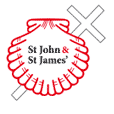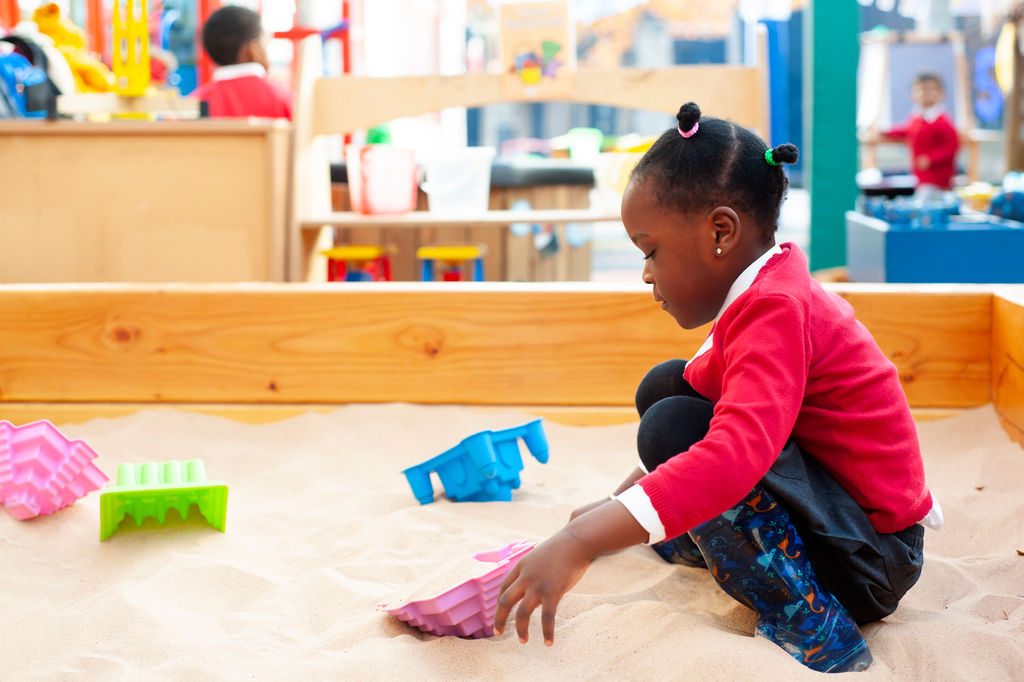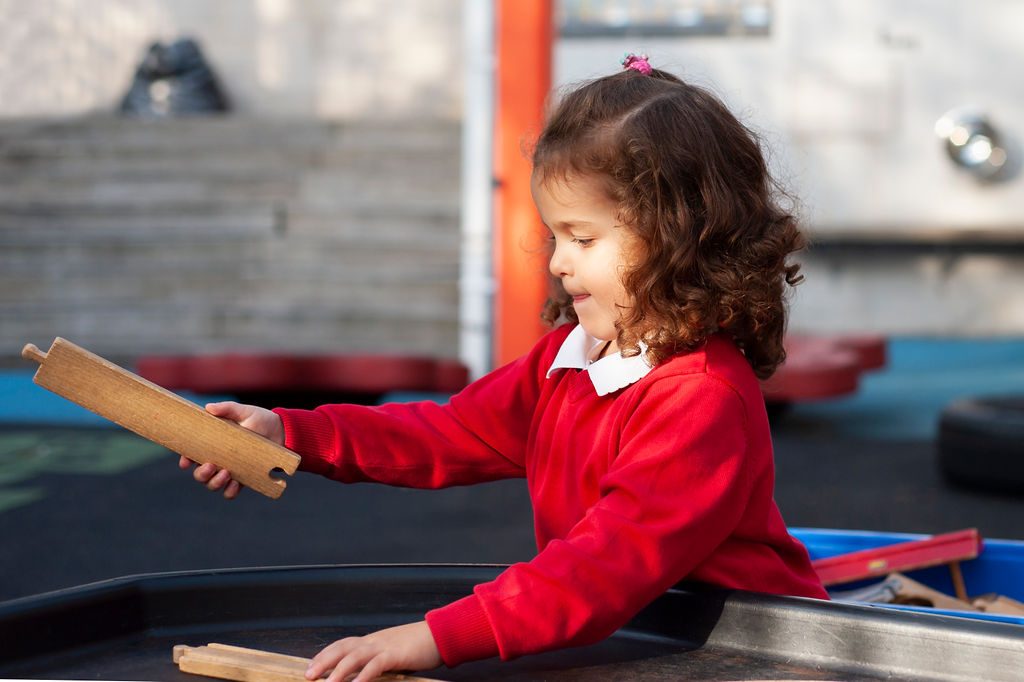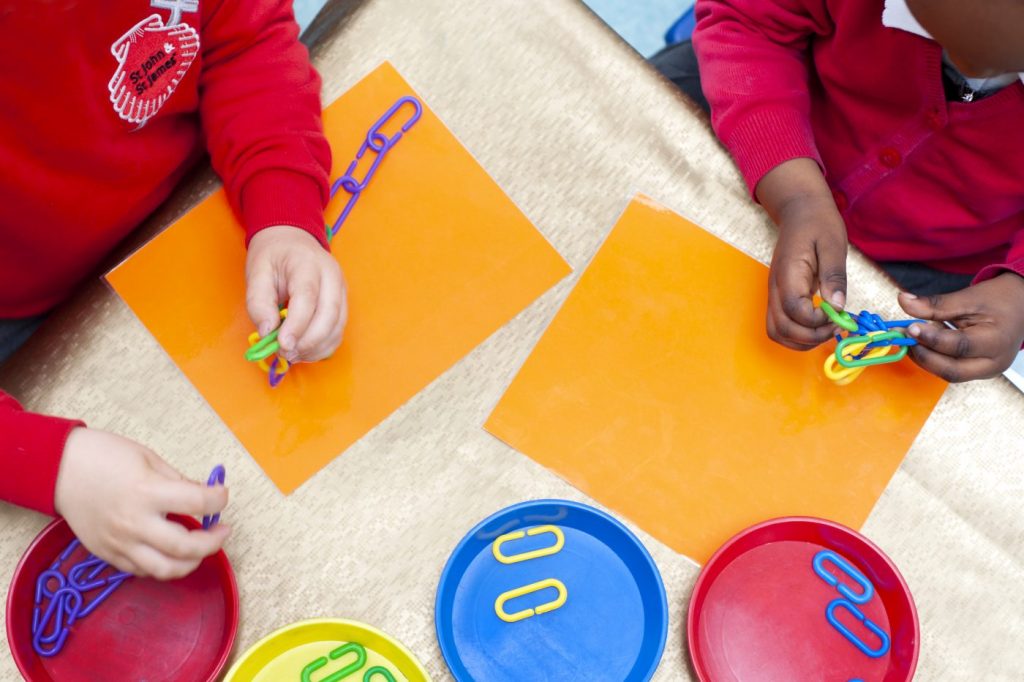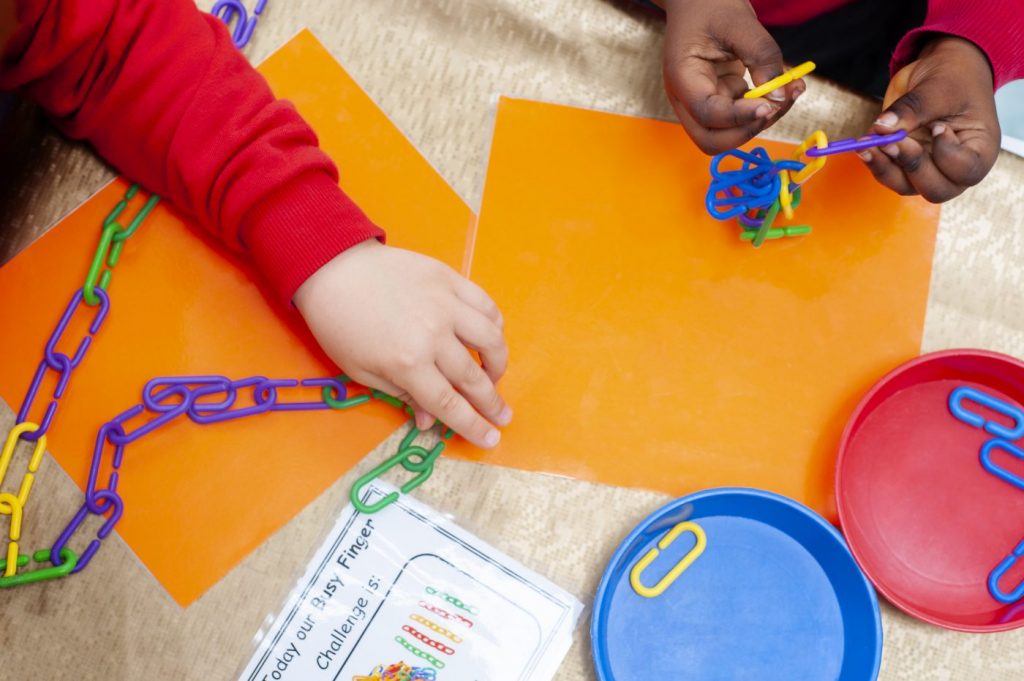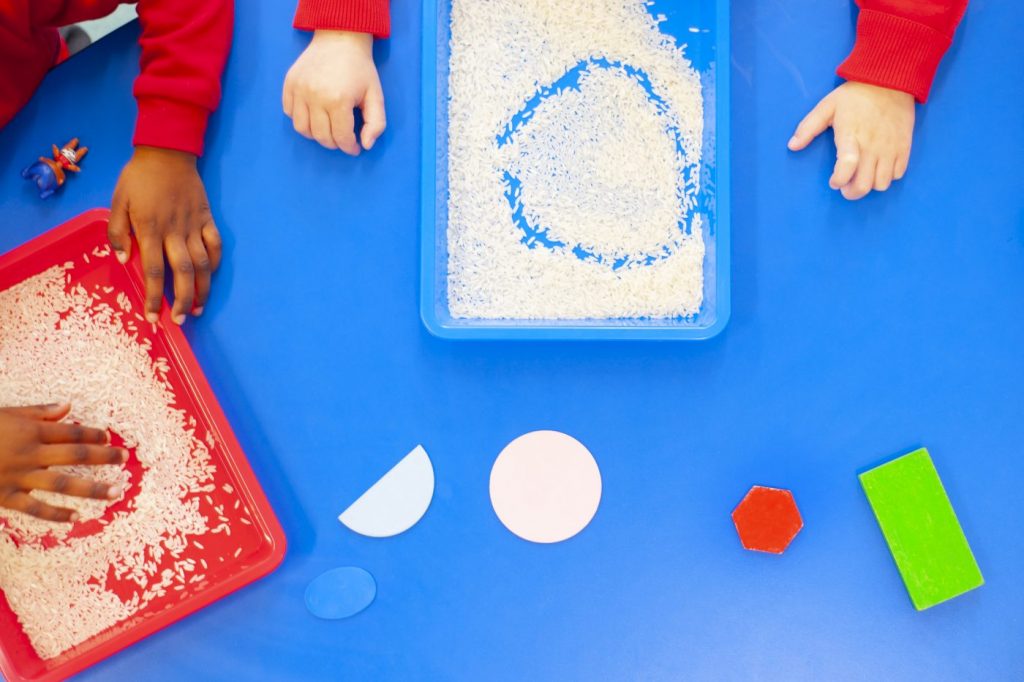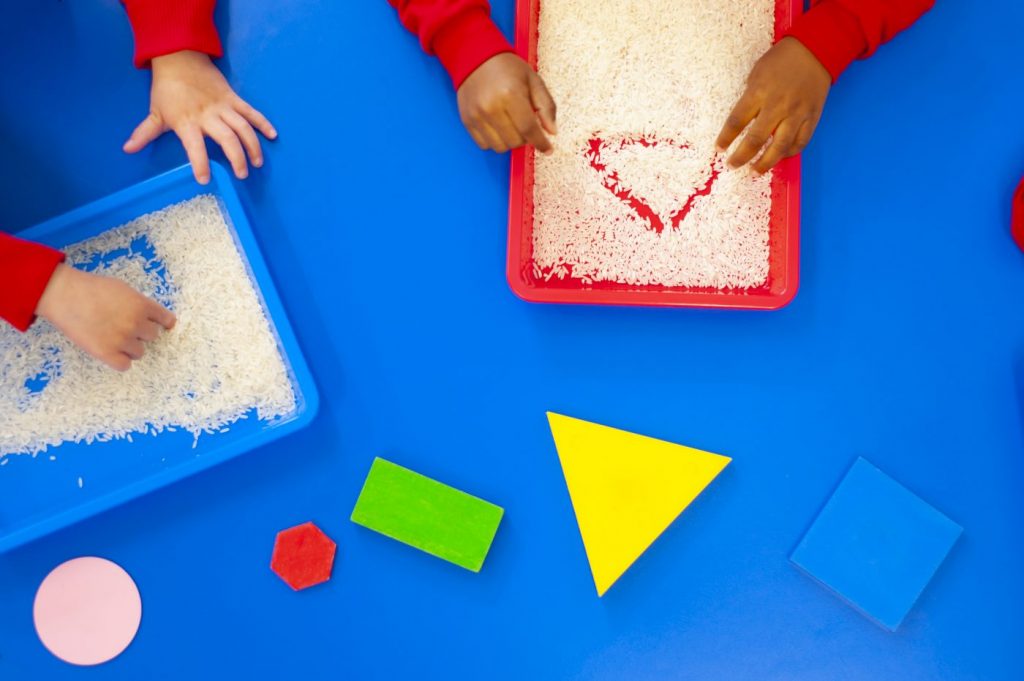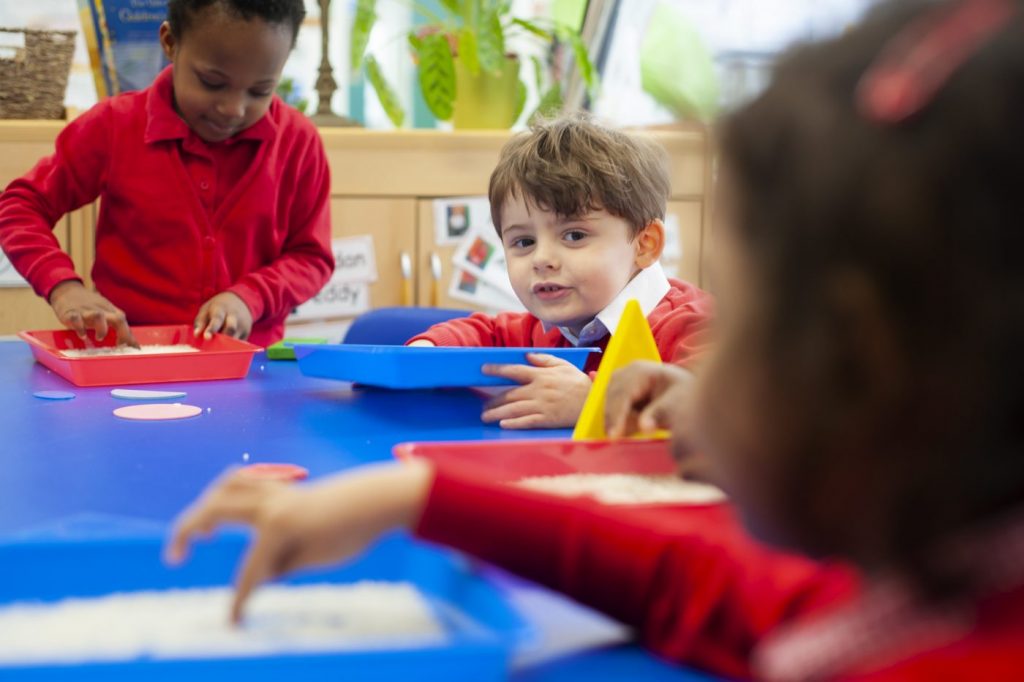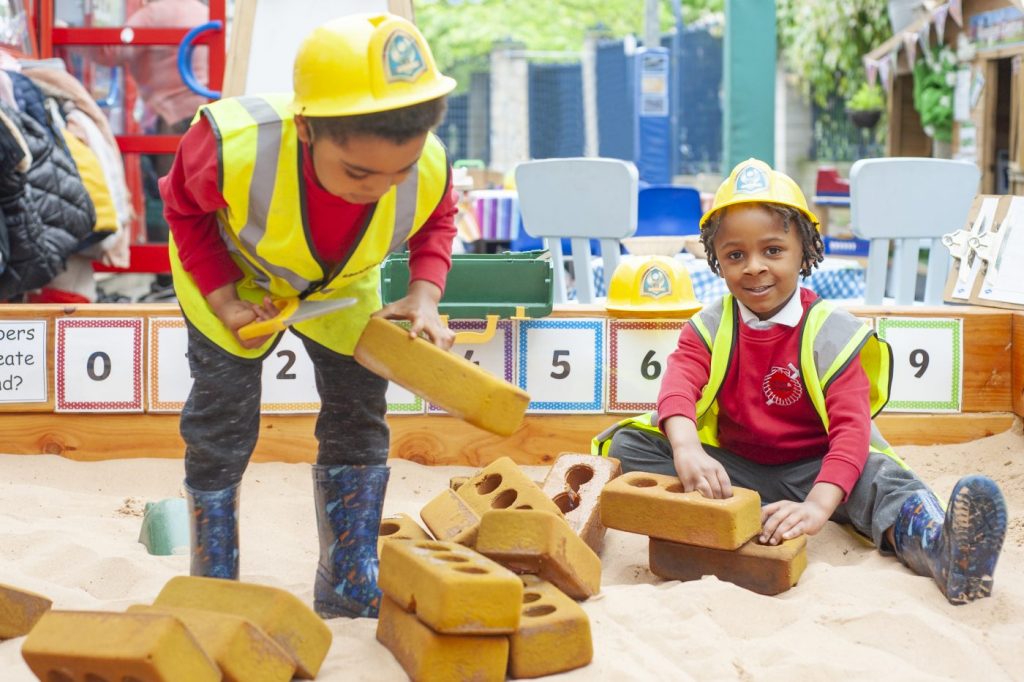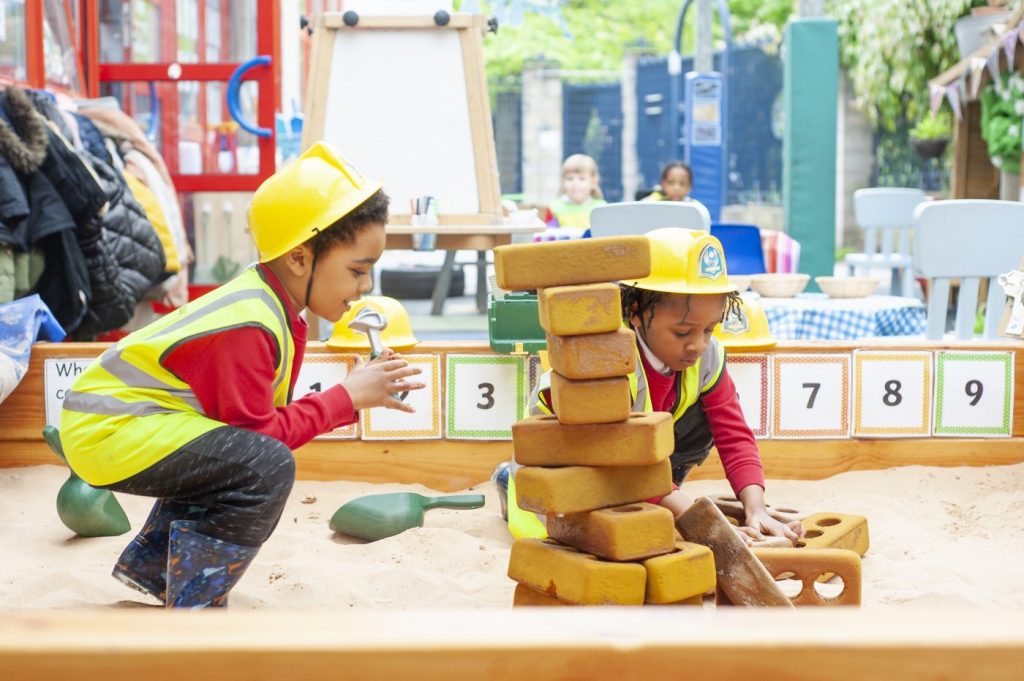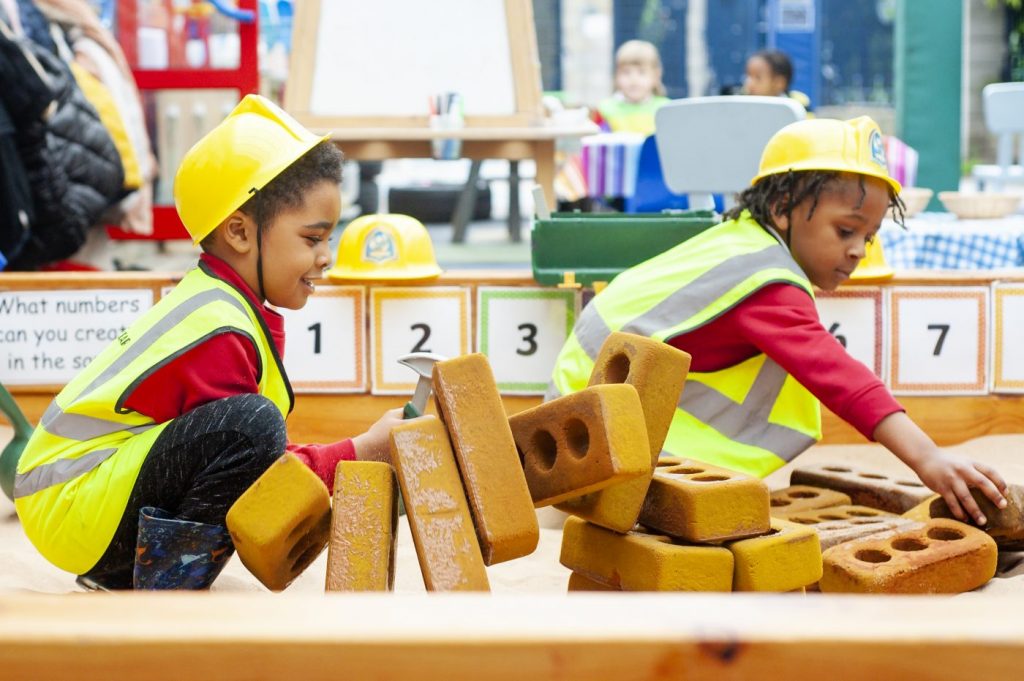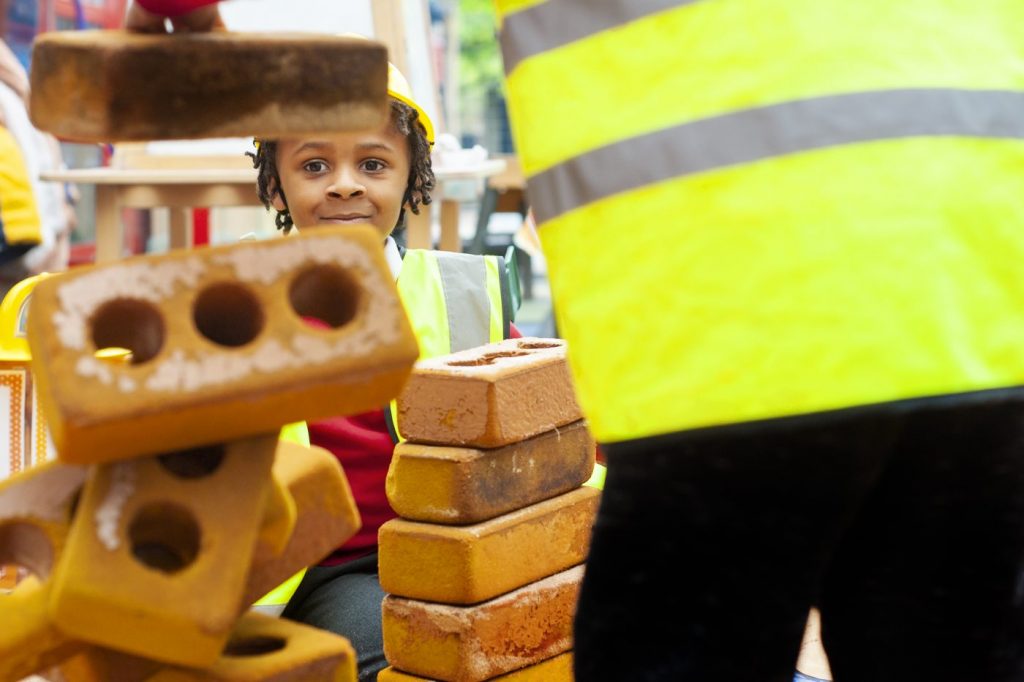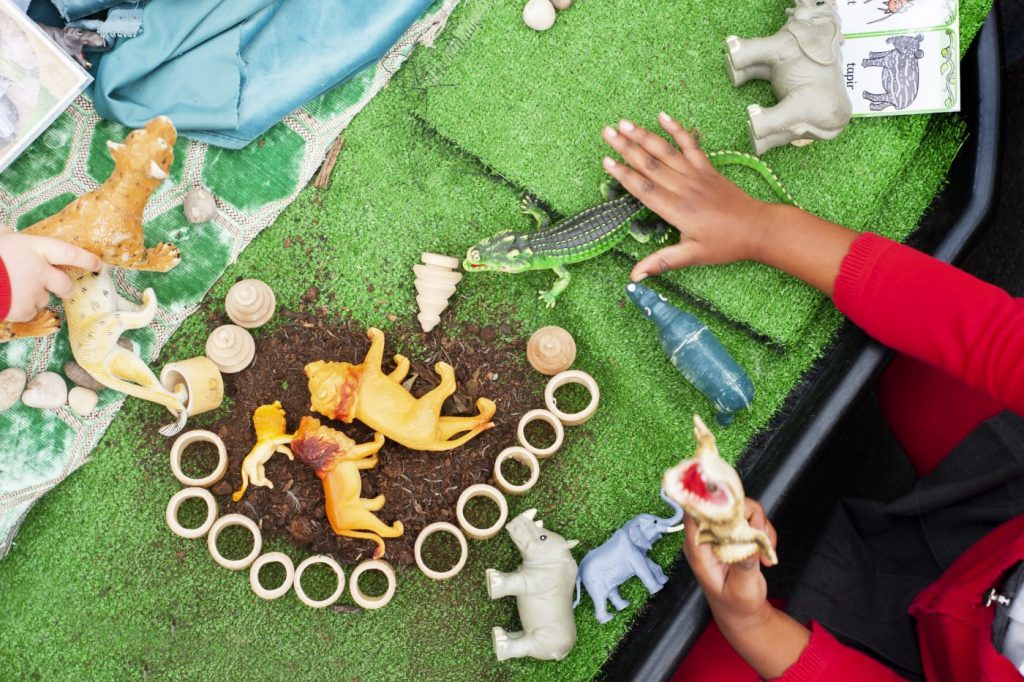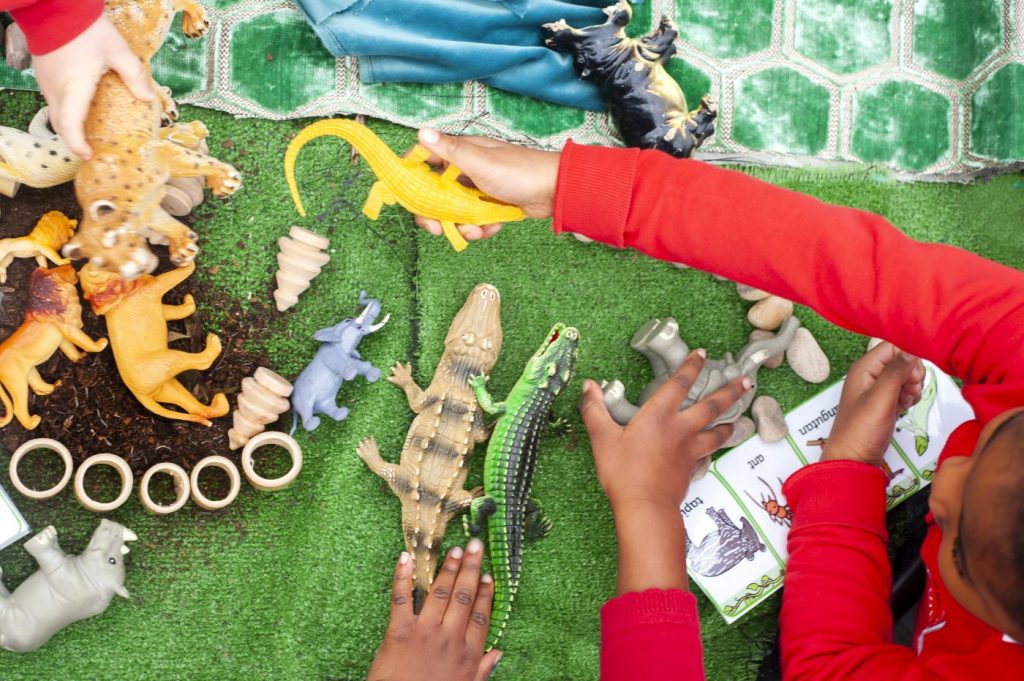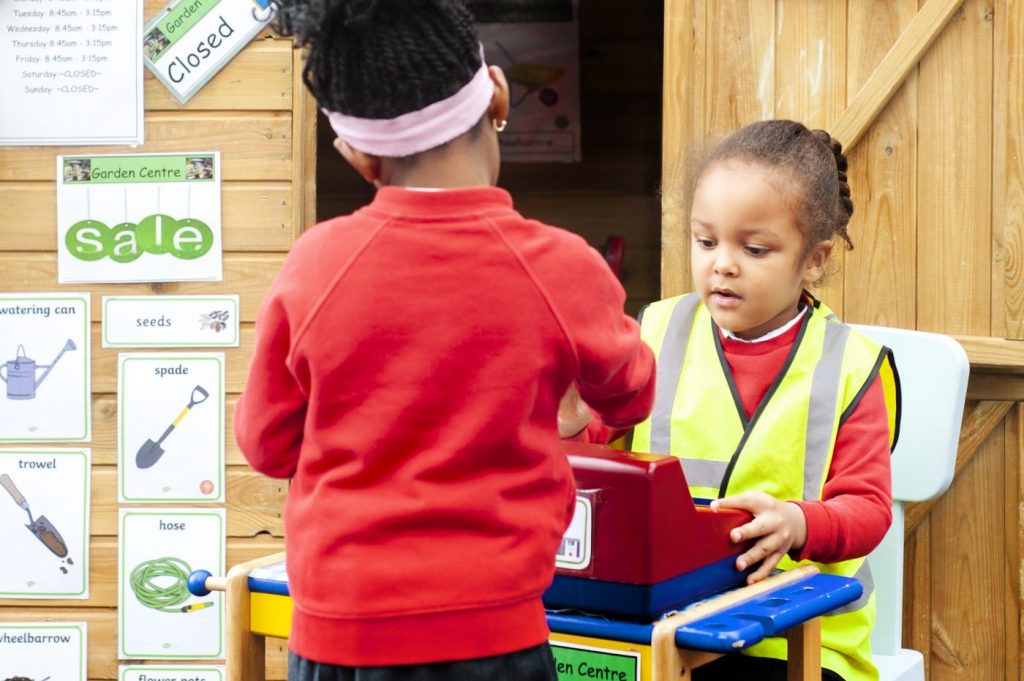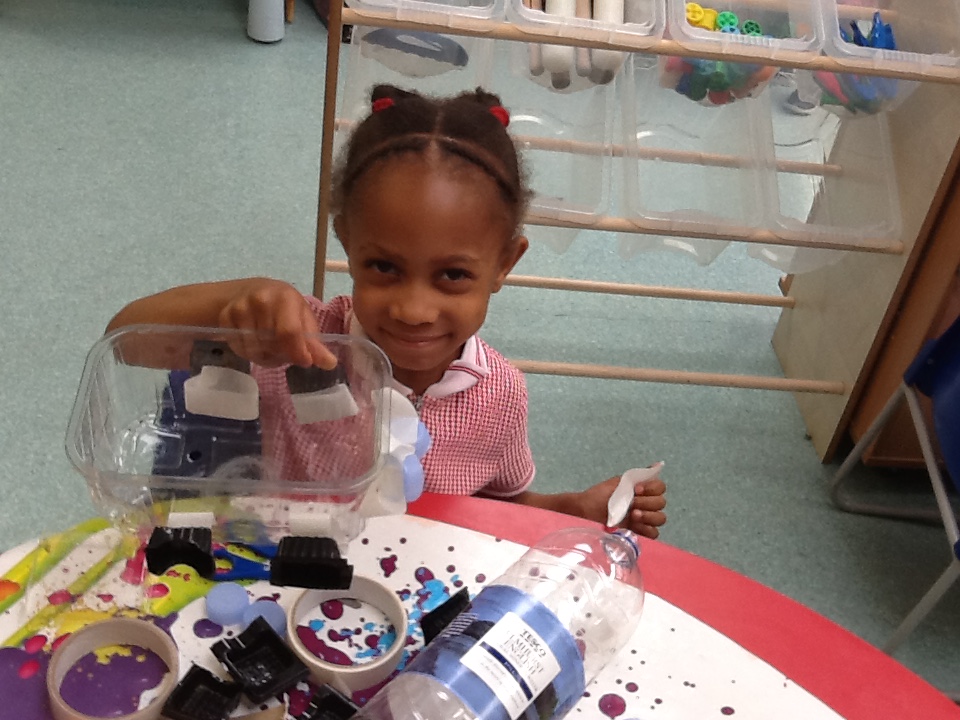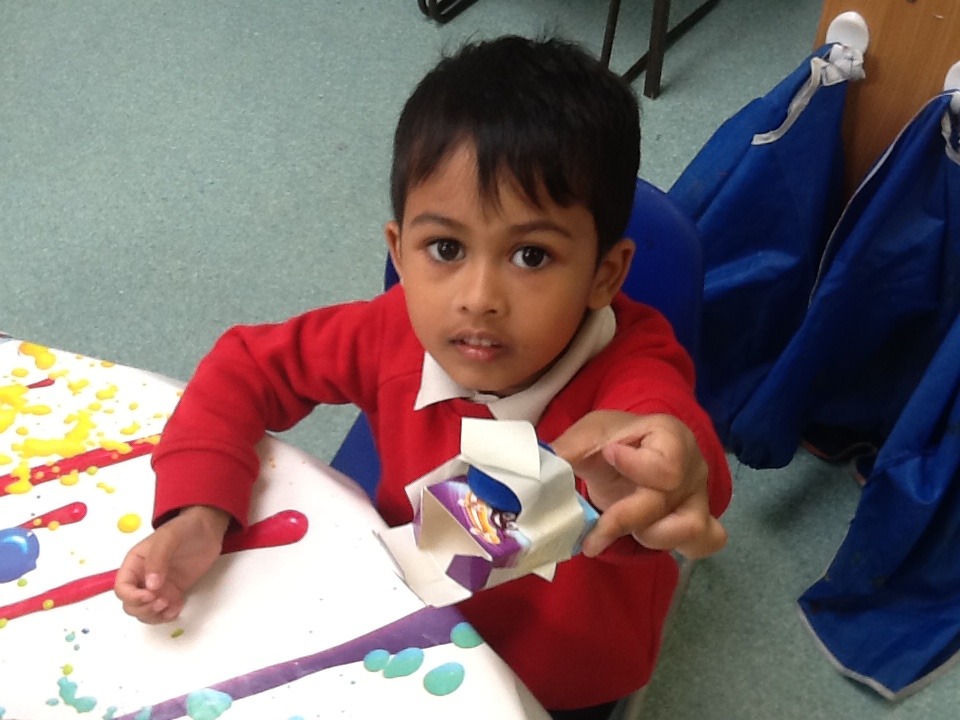We understand that children develop at their own rates and ensure that all focus work is tailored to children’s varying abilities. We encourage children to be independent and our indoor and outdoor environments enable children to select their own resources to further their learning.
We extend and enrich the children’s vocabulary through story time, rhymes, role-play, group discussions and a language rich environment. We have carefully designed our literacy curriculum using quality texts that reflect our wonderful and diverse school community. We are passionate about reading and it is one of our fundamental aims that we support and encourage the children to develop a love of books and lifelong reading for pleasure.
We aim for children to achieve mathematical understanding and a firm foundation for mathematics through practical and problem-solving activities. Children are given opportunities to solve problems, investigate, make decisions and experiment in all areas of learning.
We take pride in creating a highly inclusive environment, where children of all abilities demonstrate high levels of enjoyment in their education. Learning is carefully designed to ensure all children have the opportunity to reach their full potential. Those who are most able, are challenged to master a concept and learning is extended. Pupils who are identified as needing more support are given additional opportunities to work in a small group to embed skills, to develop at their own pace and learn in a way which is suitable for their individual needs.
Teaching in Reception and Nursery is organised through a range of approaches and provides a balance of child initiated and adult led activities:
- planned focused activities where adults work with a small group of children at a time. Teachers will differentiate the activity to meet the needs of every child participating and build on pupils’ prior learning
- small group teaching of early reading and writing through our phonics based programme and talk for writing for approach
- whole class teaching for short periods of time such as shared story time, direct teaching (for example of maths), songs, rhymes and discussions
- opportunities for teacher to work alongside children as they develop their own interest in particular areas of the curriculum
- develop children’s enthusiasm and promote a love for reading as this is fundamental in helping to develop their language skills and in closing the word gap.
- use core texts that stimulates discussion about the world around us and enable us to promote a love of learning through real-life and engaging experiences.
- provide high-quality interactions with adults where staff act as role models to the children they teach in order for children to develop their own speaking and listening skills.
- use high-quality questioning and interactions to check understanding and address misconceptions.
- value the importance of effective communication which encourage all our children to communicate effectively using a wide range of strategies.
- carefully assess what the children are doing and then using this to inform the next steps of learning
In the Foundation Stage the curriculum is made up of seven areas of learning:
The Prime areas are fundamental and work together, and filter through all other areas to support development:
- Personal, social and Emotional Development
- Communication and Language
- Physical Development
The Specific areas include essential skills and knowledge for children to participate successfully in society:
- Literacy
- Mathematics
- Understanding the World
- Expressive Arts and Design
Clear and open communications with parents and carers is a priority for us. We work with parents to ensure that every child settles quickly into the setting and continue to work in partnership with them throughout their child’s time in the early years.
